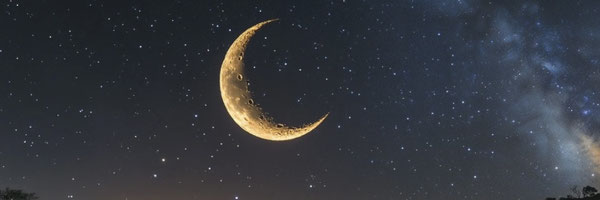What if the moon disappeared?
Grade 5
Presentation
No video provided
Problem
Question:
What would happen to Earth if the Moon disappeared?
Hypothesis:
If the Moon disappeared, Earth’s tides, rotation, and climate would be significantly affected.
Method
1.I reserched how the moon affect eath
2. I reserched how the eath will be when the moon is gone .
3. What will happen if the moon has disappeared.
4. Moon facts.
Research
What is the Moon?
The Moon is Earth’s only natural satellite. Scientists believe it was formed about 4.5 billion years ago. Its surface is covered with craters, mountains, and valleys, shaped by asteroid impacts over time.
Why is the Moon important?
The Moon plays a crucial role in maintaining balance on Earth. It affects tides, Earth’s rotation, climate stability, and even animal behavior.
•Tides:
The Moon’s gravitational pull causes ocean tides, creating cycles of high and low tides that affect marine life and coastal environments.
•Earth’s Rotation:
The Moon plays a role in maintaining the rotation speed at 24 hours. Without the Moon, the rotation speed may speed up.
•Stability of Earth’s Axis:
The Moon helps stabilize Earth’s axial tilt, which regulates our seasons and long-term climate patterns.
•Animal Behavior:
Many animals rely on the Moon for survival. For example, some sea creatures use moonlight and tides to time their movements and reproduction and nocturnal animals use moonlight to find food.
Data
Result
Tides
- Tides and waves are created on the moon due to gravity. Therefore, without the moon, there would be no tides and waves.
- Tides would shrink, waves would disappear, and marine wildlife would be affected.
- Why? If there are no waves, plankton and marine plants—the primary energy sources for marine life—would struggle to survive.
Earth’s Rotation
- The Earth will spin faster, making days shorter.
- Why? The Moon helps slow down Earth’s rotation.Without the Moon, Earth will spin more quickly.
- Shorter days mean less time for school, sports, and sleep, making daily life harder.
Stability of Earth’s Axis
- Without the Moon, Earth’s tilt could shift more dramatically, causing wild weather changes.
- Why? The Moon helps stabilize Earth’s tilt, preventing extreme seasonal changes.
- If one month is summer and the next month is winter, people would have to constantly switch between summer and winter clothes.
- Outdoor winter sports like ice hockey and skiing could disappear because snow wouldn’t stay on the ground.
- Temperatures could become as hot as Africa or as cold as Antarctica at unpredictable times.
Animal Behavior
- Nights would be much darker—affecting nocturnal animals.
- Coyotes, deer, owls, turtles and bats that rely on moonlight for hunting might struggle to survive.
- Turtles use the Moon’s light to find their way to the ocean after hatching. Without the Moon, they might get lost.
- Owls hunt at night using the Moon’s light. Without it, they may have trouble finding food.
- Animals that migrate according to the seasons will not be able to migrate because the seasons are not determined
- Animals that cannot escape the sudden cold will not survive.
Change in School Life
- Morning walks to school could become dangerous.
- In winter, the sun already rises late, and without moonlight, early mornings would be completely dark.
- A flashlight might become a necessity for students walking to school.
- Shorter days = shorter recess & lunch!
- If days shrink, gym class, recess, and lunchtime could all be cut short.
- Science class would be different!
- Instead of learning about moon phases, students might learn the old legend:
“Once upon a time, there was a Moon…”
- Shorter days = shorter recess & lunch!
- If days shrink, gym class, recess, and lunchtime could all be cut short.
Conclusion
Conclusion
- We should not take the Moon for granted. It plays an essential role in Earth’s stability and life as we know it.
- Without the Moon, tides would weaken, Earth’s rotation would change, the climate could become extreme, and many animals would struggle to survive.
What’s Next?
Could we replace the Moon with technology?
- Some scientists have imagined using artificial satellites or space mirrors to mimic the Moon’s effects on tides and light.
How would life adapt without the Moon?
- Scientists would study how animals and ecosystems adjust to darker nights and weaker tides.
How does the Moon affect other planets?
- Earth isn’t the only planet with moons!
- Studying other planets—with and without moons—could help scientists understand how moons shape planetary environments.
Citations
Acknowledgement
I would like to thank Mrs.Spelay for answering my questions and helping me .
I also want to thank my parents for giving me ideas and helping me with the trifold set up.

